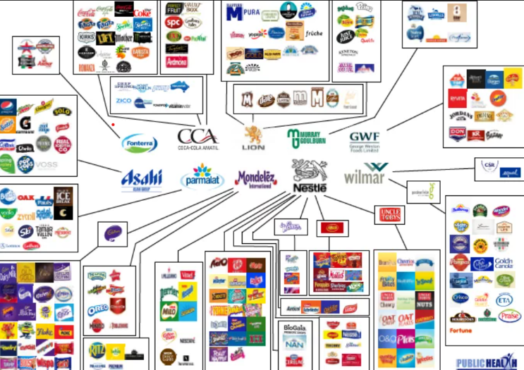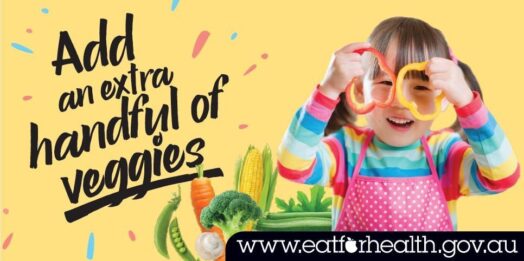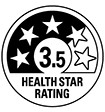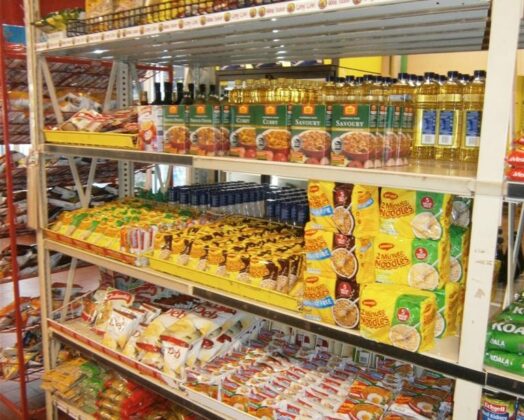Obesity
Obesity is a key advocacy priority to improve public health. Declared an epidemic by the World Health Organization in 1997, a pandemic in 2011, and described as part of a Global Syndemic in 2019 along with undernutrition and climate change, affecting most people in every country and region worldwide. Most Australians are living with overweight or obesity, which has significant public health and societal impacts.
A strong advocacy voice is needed to realise the key actions to curb the rates of obesity
Obesity Advocacy Targets
PHAIWA facilitated consensus-led process with key experts and stakeholders from relevant sectors to set Obesity Advocacy Targets in 2008 and 2019. In 2008, in partnership with the National Heart Foundation, we set key targets which guided advocacy efforts over the next decade.
By 2019, the WA landscape had changed, with a particular need to address the food side of the equation. PHAIWA responded by facilitating the 2019 WA Obesity Forum in partnership with Healthway. Again, the process built consensus on obesity-prevention targets, assess progress and to prioritise action across sectors and the community. Key advocates guided discussions with 100 invited experts working in obesity prevention in WA. Five key priority areas were identified from the WA Obesity forum, evidence statements and Obesity Advocacy Targets were agreed.
2019 Obesity Advocacy Targets WA
Food related Obesity Advocacy Targets are in five main areas. The evidence briefs and targets are below.
Improving nutrition for children
Improve nutrition for Aboriginal people, particularly rural & remote
Increase fruit & vegetable consumption
Remove fast food sponsorship from sport
Improve food literacy & labelling
PHAIWA Projects
Healthy Vending Machines
We identified ways to support local governments to reduce unhealthy options in vending machines, as they are often located in Council owned recreation facilities. Simple product substitutions can make a big difference. We advocate for water as the default beverage option in vending machines. We are work to ensure local governments who identify obesity or healthy weight as a priority in their public health planning processes, have information for healthy options in their vending machines.

Surviving ‘Pester Power’
For tips for parents on how to survive ‘pester power’ in supermarkets. See the clip here.
 Who owns who in the Australian food market?
Who owns who in the Australian food market?
To understand the influence of major companies and their corporate social responsibility initiatives in the Australian food landscape we identified and mapped the top 10 companies based on revenue. Read Dr Melissa Stoneham and Ainslie Sartori’s Croakey blog and see the food company map here.
Read the article here: Vidler AC, Stoneham M, Edmunds M, Sartori A. (2018) The illusion of choice: an exploratory study looking at the top 10 food companies in Australia and their brand connections. Australian and New Zealand journal of public health. Dec;42(6):519-22.
What’s cheaper?
We have done the math and compared the cost of a McDonald’s meal for a family of 6 to a home cooked meal. See the results for yourself here.
Obesity Resources
LiveLighter®
 We support the LiveLighter® campaign, which aims to increase awareness of the link between being overweight and chronic disease, promote healthy eating and regular physical activity. The campaign aims to increase understanding of the risks associated with poor lifestyle choices, and support healthy eating, physical activity and healthy weight. LiveLighter® encourages public debate about obesity and the changes needed to support healthy eating and physical activity.
We support the LiveLighter® campaign, which aims to increase awareness of the link between being overweight and chronic disease, promote healthy eating and regular physical activity. The campaign aims to increase understanding of the risks associated with poor lifestyle choices, and support healthy eating, physical activity and healthy weight. LiveLighter® encourages public debate about obesity and the changes needed to support healthy eating and physical activity.
Visit the LiveLighter campaign
Healthy Eating

The Australian Government and National Health & Medical Research Council’s Australian Dietary Guidelines provide evidence-based advice about the amount and kinds of foods that we need to eat for health and wellbeing, visit Eat for Health.
The Australian Guide to Healthy Eating and the Indigenous Guide to Healthy Eating recommend dietary patterns for all age groups and life stages.
Breastfeeding is protected, promoted, supported and valued by the whole of society in Australia. See the Infant Feeding Guidelines.
The Australian Government’s Healthy Weight Guide can help individuals to achieve and maintain a healthy weight.
Australian food regulation system
Food Standards Australia and New Zealand (FSANZ) provides information on a range of topics of interest to consumers regarding food safety, nutrition, food labelling and nutrition. Visit FSANZ
Food Labelling
Food labels carry information to assist consumers to choose food to protect public health and safety. Check out the overview of Australia’s food labelling
Health Star Rating System
 The Australian Government’s Health Star Rating front-of-pack labelling system, was developed in 2014 by the Australian, state and territory governments in collaboration with industry, public health, and consumer groups. The aim is to assist consumers to compare similar packaged foods. The system asserts the more stars, the healthier the choice. For more information click here.
The Australian Government’s Health Star Rating front-of-pack labelling system, was developed in 2014 by the Australian, state and territory governments in collaboration with industry, public health, and consumer groups. The aim is to assist consumers to compare similar packaged foods. The system asserts the more stars, the healthier the choice. For more information click here.
Obesity is not just about personal responsibility
The Obesity Collective is a platform for committed individuals and organisations from across the community to take on the obesity challenge together, with empathy and a whole of society perspective.
More information
National Healthy Schools Canteens





